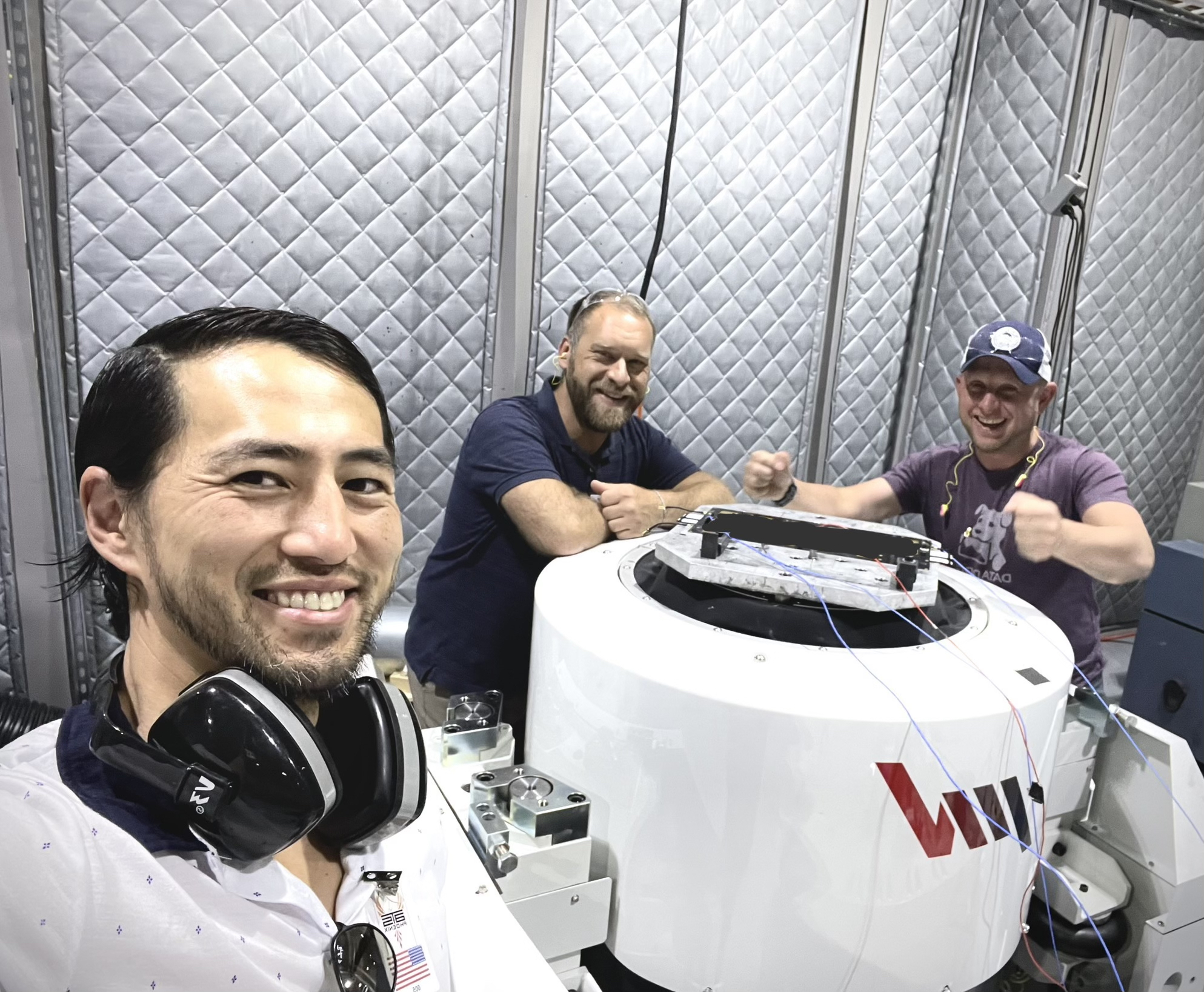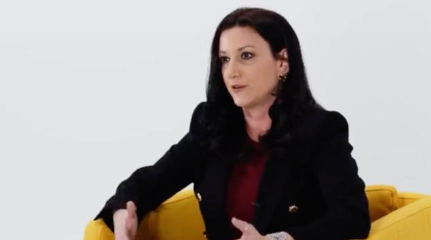Bluetooth-enabled devices are ubiquitous, but how those devices are used is constrained by the relatively short range provided by Bluetooth technology. Seattle-based startup Hubble Network wants to completely upend that status quo by launching a satellite network that any Bluetooth-enabled device can connect to, anywhere in the world.
The company’s aim is to build out a constellation of 300 satellites that can provide real-time updates for any sensor or device outfitted with a Bluetooth low energy (BLE) chip. On its website, Hubble proposes use cases that span industries — from child safety to pallet tracking to environmental monitoring. The startup’s ultimate goal is to connect over a billion devices on its network.
Hubble Network CEO Alex Haro says the company has engineered “technical tricks” to make this scale of connectivity possible for the first time, like lowering the bitrate, or the amount of data transferred per second. Hubble has also rethought the design of the satellite antenna. Instead of sticking a single antenna on the side of a satellite bus, the company is using hundreds of antennae per satellite. This means that each satellite can support millions of connected devices.
“That is essentially a huge magnifying glass onto the surface of the earth that’s able to detect these very weak radio signals coming out of the Bluetooth chips, and that’s what enables you to actually decipher and receive the Bluetooth signal,” Haro explained.
The result is a radio signal that can be detected around 1,000 kilometers away — or almost 10 orders of magnitude longer than what can be detected from a Bluetooth chip over terrestrial networks.
Hubble Network plans to launch an initial batch of four satellites on SpaceX’s Transporter-10 rideshare mission in January 2024, and onboard early pilot customers after. The startup is fully funded through this mission, Haro said, thanks to a $20 million Series A round that closed in March. That round was led by Transpose Platform, with additional participation from 11.2 Capital, Y Combinator, Yes.VC, Convective Capital, Seraphim Space, Type One Ventures, Soma, AVCF5, Space.VC, Jett McCandless, John Kim, Chris Nguyen, Alan Keating and Don Dodge.
Hubble’s founders are no strangers to the wide world of Internet of Things (IoT) devices and services. Haro co-founded Life360, a location sharing and communication app for families, and saw the company through its listing on the Australian Securities Exchange in 2019. While working as Life360’s chief technology officer, Haro said he was always looking to build useful hardware for families, too: fall detectors for elderly parents or GPS watches for kids. But the kind of network he was looking for to support these devices — one that had “low bandwidth, infrequent updates, but […] globally accessible, very battery and cost efficient,” as Haro described it — didn’t exist.
While mulling these issues, he met Ben Wild, who is now Hubble’s CTO. Wild had previously founded Iotera, a company that was working on a crowd-sourced wireless network, and that was eventually sold to Ring (which was later bought by Amazon). Haro and Wild realized they could build the network they were looking for in space.
The pair brought in a third co-founder, aerospace engineer John Kim, whose career has spanned developing spacecraft systems at SSL, a subsidiary of Maxar Technologies, to aerospace consulting work. The trio officially incorporated Hubble Network in October 2021 and joined Y Combinator’s Winter 2022 cohort.
“All three of us came together with this vision to connect any off the shelf Bluetooth chip directly to a satellite and really enable this network that will work anywhere in the world and be very battery and cost-efficient,” Haro said. “We think that will unlock a whole bunch of really cool use cases.”

John Kim and Hubble engineers with the payload after it passed the first round of qualification testing. Image Credits: Hubble Network(opens in a new window)
After launching four satellites next January, Hubble plans to build out its constellation to 68 satellites total over the next two-and-a-half years. While the first four satellites will provide global coverage on their own, Haro said that it will be about a six-hour gap until devices can update on the ground. Increasing the constellation to 68 birds means that a satellite will be overhead every 15 minutes or so — an update rate that is sufficient for “the vast majority” of customer use cases, Haro said.
While Hubble is clearly targeting existing Bluetooth devices — of which billions exist all over the world already — Haro is confident that the company’s network will solicit developers to build applications that don’t even exist yet.
“Eventually, if this network does exist, we think some of our biggest customers haven’t even incorporated yet because they haven’t been able to build these kinds of devices,” he said.
Bitchute: https://www.bitchute.com/channel/YBM3rvf5ydDM/
Telegram: https://t.me/Hopegirl587
EMF Protection Products: www.ftwproject.com
QEG Clean Energy Academy: www.cleanenergyacademy.com
Forbidden Tech Book: www.forbiddentech.website













